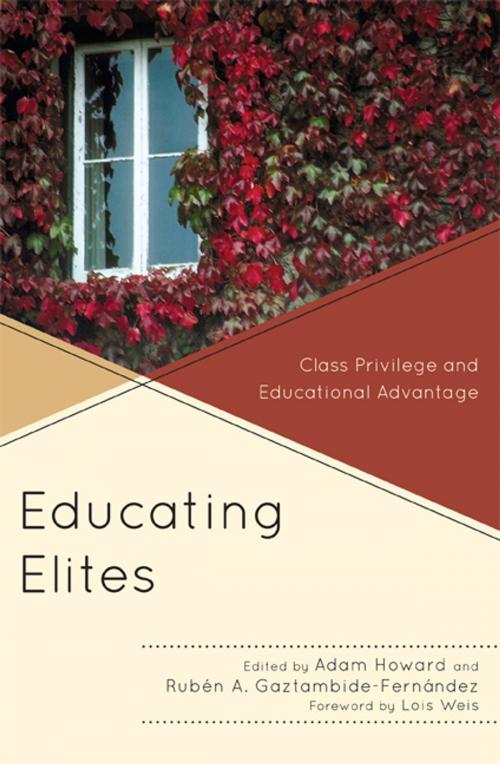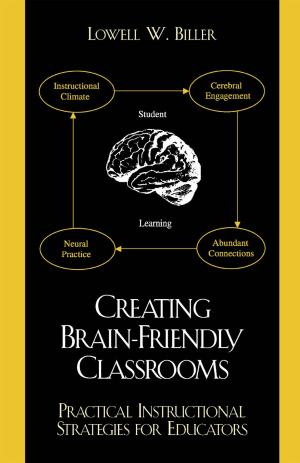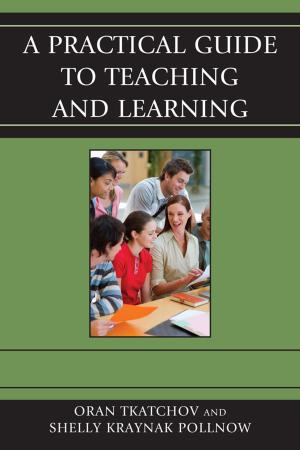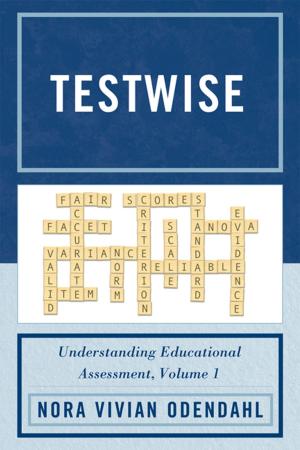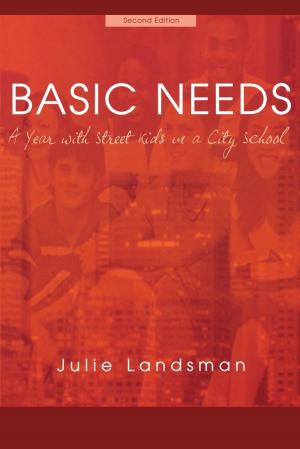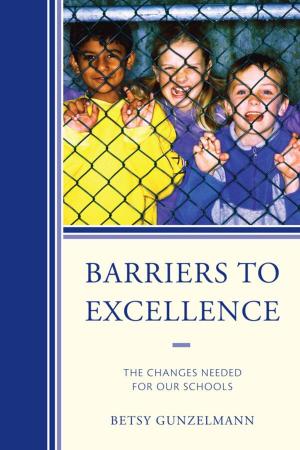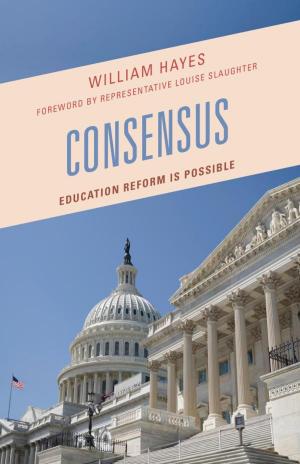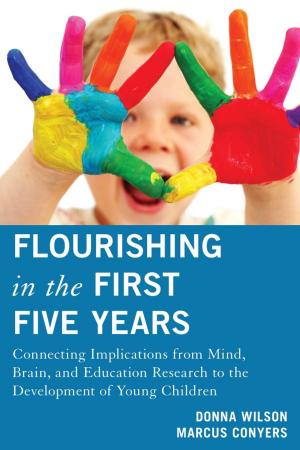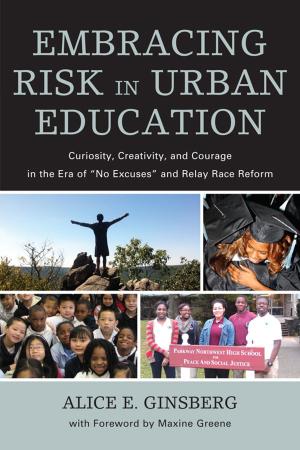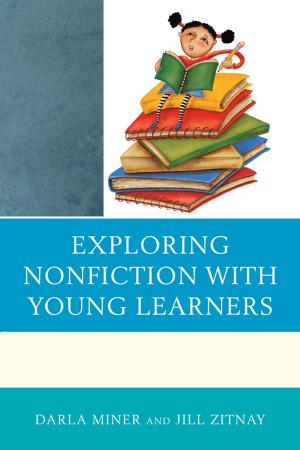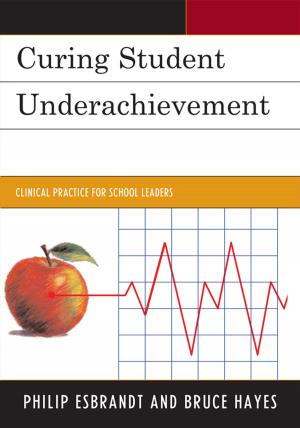Educating Elites
Class Privilege and Educational Advantage
Nonfiction, Reference & Language, Education & Teaching, Educational Theory, Multicultural Education, Student & Student Life, Philosophy & Social Aspects| Author: | Beth Cooper Benjamin, Peter W. Cookson Jr, Raygine DiAquoi, Rubén Gaztambide-Fernández, Shamus Rahman Khan, Peter Kuriloff, June Newman-Graham, Sharon Ravitch, Michael Reichert, Joseph A. Soares, Brett Stoudt, Jenny M. Stuber | ISBN: | 9781607094609 |
| Publisher: | R&L Education | Publication: | October 16, 2010 |
| Imprint: | R&L Education | Language: | English |
| Author: | Beth Cooper Benjamin, Peter W. Cookson Jr, Raygine DiAquoi, Rubén Gaztambide-Fernández, Shamus Rahman Khan, Peter Kuriloff, June Newman-Graham, Sharon Ravitch, Michael Reichert, Joseph A. Soares, Brett Stoudt, Jenny M. Stuber |
| ISBN: | 9781607094609 |
| Publisher: | R&L Education |
| Publication: | October 16, 2010 |
| Imprint: | R&L Education |
| Language: | English |
The gaze of educational researchers has traditionally been turned 'down' toward the experiences of communities deemed at-risk, presumably with the purpose of improving their plight. Indeed, theorizing about the relationship between education, culture, and society has typically emerged from the study of poor and marginalized groups in public schools. Seldom have educational researchers considered class privilege and educational advantage in their attempts at understanding inequality and fomenting social justice. This collection of groundbreaking studies breaks with this tradition by shifting the gaze of inquiry 'up,' toward the experiences of privilege in educational environments characterized by wealth and the abundance of material resources. This edited volume brings together established and emerging scholars in education and the social sciences working critically to interrogate a diversity of educational environments serving the interests of influential groups both within and beyond schools. The authors investigate the power relations that underlie various contexts of class privilege. They shed light into the ways in which the success of a few relates to the failure of many.
The gaze of educational researchers has traditionally been turned 'down' toward the experiences of communities deemed at-risk, presumably with the purpose of improving their plight. Indeed, theorizing about the relationship between education, culture, and society has typically emerged from the study of poor and marginalized groups in public schools. Seldom have educational researchers considered class privilege and educational advantage in their attempts at understanding inequality and fomenting social justice. This collection of groundbreaking studies breaks with this tradition by shifting the gaze of inquiry 'up,' toward the experiences of privilege in educational environments characterized by wealth and the abundance of material resources. This edited volume brings together established and emerging scholars in education and the social sciences working critically to interrogate a diversity of educational environments serving the interests of influential groups both within and beyond schools. The authors investigate the power relations that underlie various contexts of class privilege. They shed light into the ways in which the success of a few relates to the failure of many.
